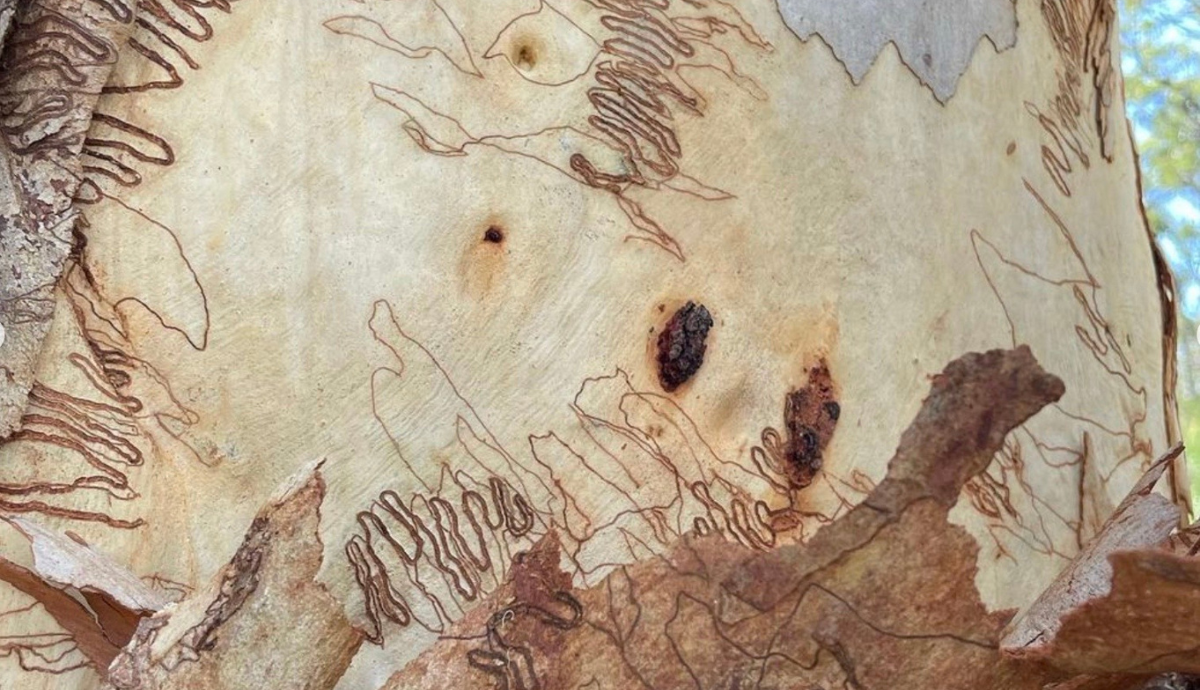Cultural safety in Indigenous health care and research

An editorial in Lancet Global Health offers an insight into the Australian Stroke Alliance’s Darak principles. It discusses the challenges and solutions ahead for improved care of Aboriginal and Torres Strait Islander cardiovascular patients.
The authors are senior members of the alliance and co-chairs of Darak: Yorta Yorta and Dja Dja Wurrung man and Mayo Clinic cardiologist Professor Luke Burchill, and Gumbaynggirr and Kwiamble woman and Sydney neurologist, Dr Angela Dos Santos.
The editorial analyses new research that shows Aboriginal and Torres Strait Islander Australians are not adequately screened or treated for cardiovascular disease and as a result, they are less likely to receive recommended treatment after being hospitalised for severe heart attack than non-Indigenous Australians.
“If we define health equity as everyone having a fair and just opportunity to attain their highest quality of health, then much work is needed to advance Indigenous cardiovascular health equity in Australia,” the authors wrote.
The commentary asks health carers and research teams to confront and challenge culturally unsafe healthcare systems that continue to have a major effect in sustaining generational injustices for Indigenous Australians.
Allowing space for diverse Indigenous voices, knowledge, and leadership — from study design to implementation — are at the heart of the Darak methodology.
The authors call for creatively welcoming hospital environments, culturally informed care pathways and carefully designed hospital discharge to specialist care – all delivered in partnership with local Aboriginal and Torres Strait Islander community-controlled health services. When these components work synergistically, there is a significant decrease in the primary composite outcome of death, acute myocardial infarction, unplanned revascularisation, cardiac readmission and a reduction in unplanned cardiac readmissions.
Non-Indigenous health carers and researchers must be willing to critique their existing social, political, and cultural hierarchies they take for granted and to hold themselves accountable to challenge the biases, assumptions, prejudices, and stereotypes which often reflect the structures and systems they were born into.
Through a process of unlearning and learning, healthcare providers and organisations can achieve critical consciousness and recognise that gaps in Indigenous versus non-Indigenous health outcomes are largely due to systemic inequities across the patient journey.
“We need to overcome the effects of systemic inequities and the ways in which we are seen or unseen, heard or unheard, and cared for or uncared for if we are to provide culturally safe care, as defined by the patient and their community and as measured through progress towards achieving health equity”
Burchill and Dos Santos
In the interim, the issues discussed in the editorial deserve attention because they show a much-needed development in Indigenous cardiovascular research—an important change in power from the researcher to the researched, which upholds culture itself as a strength and an indispensable factor of Aboriginal and Torres Strait Islander health and wellbeing.